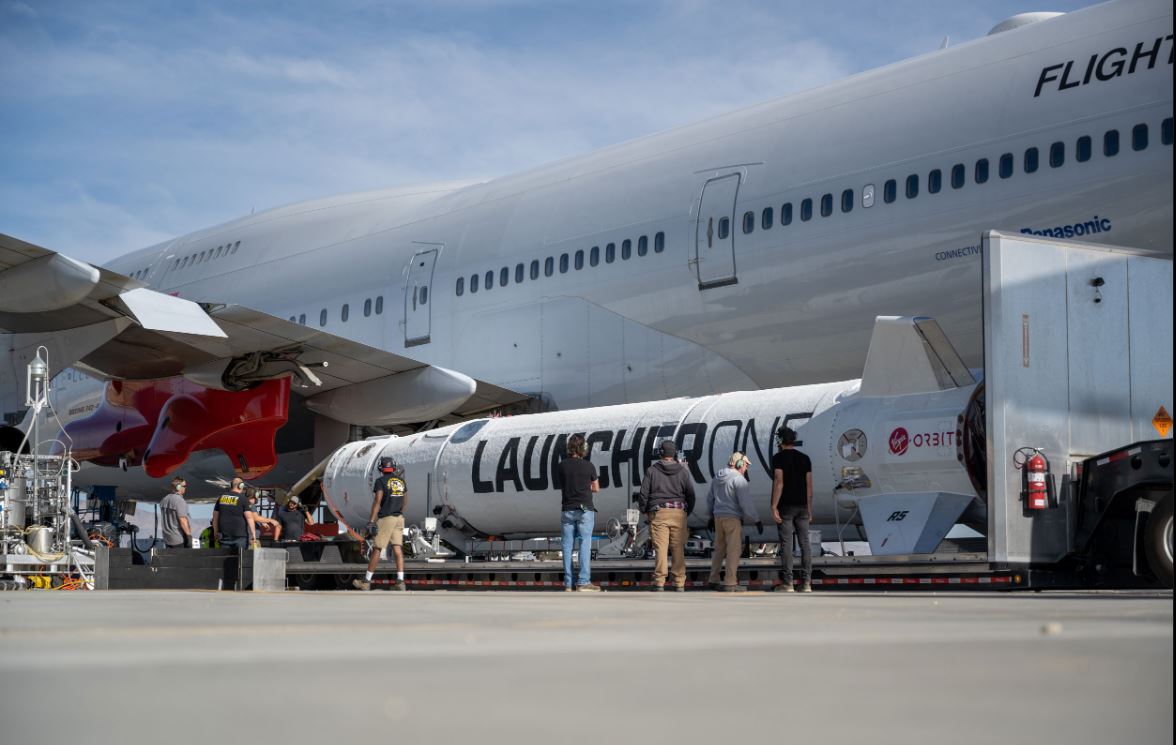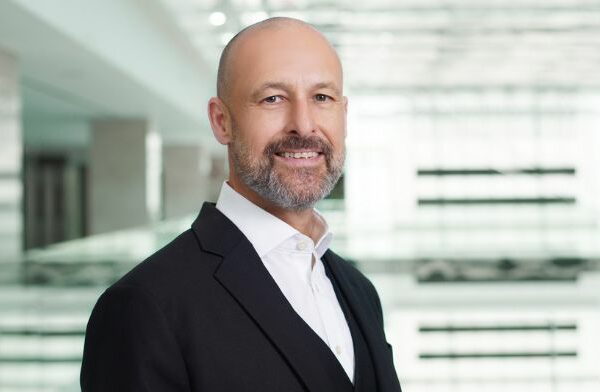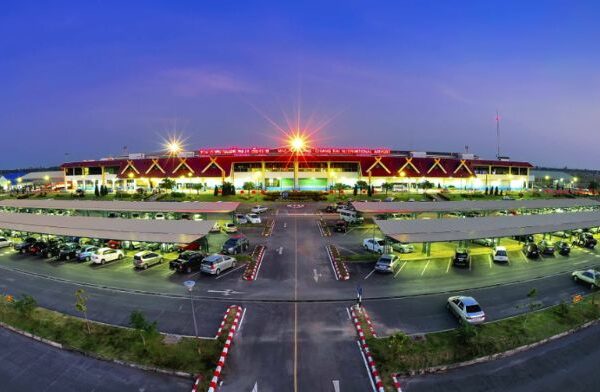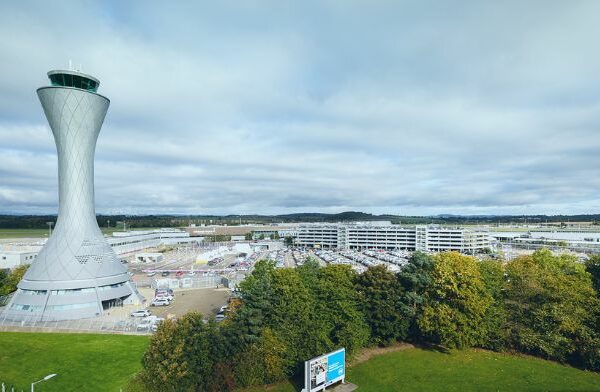


Spaceport Cornwall, which is based at Cornwall Airport Newquay, is set to play host to an unprecedented space mission for the UK with the first orbital rocket launch in Western Europe scheduled to take place in the evening of Monday 9 January. The launch will see nine small satellites being carried into orbit,
Subject to weather conditions, Virgin Orbit’s modified Boeing 747 aircraft, which has been named Cosmic Girl, will take off at 10.16pm local time as part of the aptly named “Start Me Up” mission. Additional back-up launch dates are planned later in January should adverse weather conditions prevent the launch on Monday evening.
During the horizontal launch and once the flight has reached 35,000 feet, the Virgin Orbit rocket will be deployed over the Atlantic, at which point the aircraft will return to the spaceport.
The satellites carried by the rocket include the first satellite designed and built in Wales, as well as satellites from various UK and US civil and defence departments.
Speaking on the BBC’s Today show, Melissa Thorpe, Head of Spaceport Cornwall, said launching rockets from British soil allows the country to “be more responsible with the ways it is putting products into space.”
Meanwhile, the UK Space Agency, which has invested £11 million in supporting the UK’s first satellite launch, released a statement on Twitter saying: “Tonight’s scheduled launch of their Start Me Up mission from Spaceport Cornwall signals a major milestone for the UK space sector, furthering its reputation as a world leader in small satellite manufacturing and innovation.”
**** Update 10 January ****
The historic first attempt to launch satellites from British soil reached space on Monday 9 January, however it ultimately fell short of reaching its target orbit.
A statement from Virgin Orbit read: Cosmic Girl successfully took off from the runway at Spaceport Cornwall and travelling to the designated drop zone, the customised 747 that serves as the LauncherOne system’s carrier aircraft, successfully released the rocket.
The rocket then ignited its engines, quickly going hypersonic and successfully reaching space. The flight then continued through successful stage separation and ignition of the second stage. However, at some point during the firing of the rocket’s second stage engine and with the rocket travelling at a speed of more than 11,000 miles per hour, the system experienced an anomaly, ending the mission prematurely.
Though the mission did not achieve its final orbit, by reaching space and achieving numerous significant first-time achievements, it represents an important step forward. The effort behind the flight brought together new partnerships and integrated collaboration from a wide range of partners, including the UK Space Agency, the Royal Air Force, the Civil Aviation Authority, the US Federal Aviation Administration, the National Reconnaissance Office and more, and demonstrated that space launch is achievable from UK soil.
Dan Hart, Virgin Orbit CEO commented: “While we are very proud of the many things that we successfully achieved as part of this mission, we are mindful that we failed to provide our customers with the launch service they deserve. The first-time nature of this mission added layers of complexity that our team professionally managed through; however, in the end a technical failure appears to have prevented us from delivering the final orbit. We will work tirelessly to understand the nature of the failure, make corrective actions and return to orbit as soon as we have completed a full investigation and mission assurance process.”





